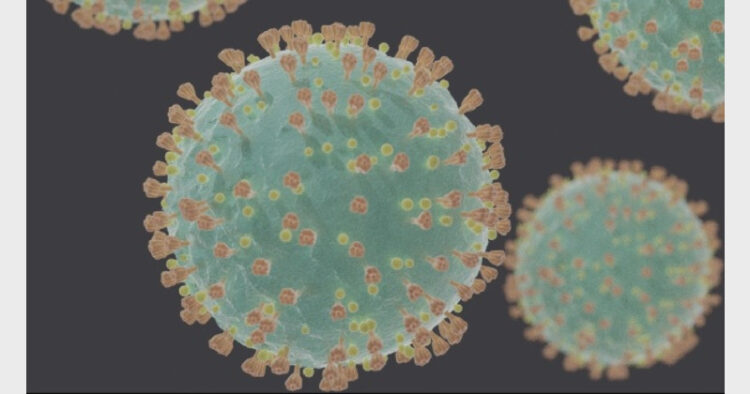The National Center for Biological Sciences (NCBS recently confirmed the first two cases of the Omicron variant of coronavirus in Bangalore).
New Delhi: Dec 06ortium of national laboratories based in four cities – Bengaluru, Hyderabad, New Delhi, and Pune – is continuously conducting genomic surveillance of coronavirus, which has helped sequence more and more samples of the virus.
The consortium focuses on upscaling genomic surveillance as part of national efforts led by the INSACOG – Indian SARS-CoV-2 Genomics Consortium to respond to the COVID-19 pandemic. It is expected that the effort will aid in a rapid response to contain the spread of variants of concern.
Apart from the Centre for Cellular and Molecular Biology (CCMB) and National Centre for Biological Sciences (NCBS), the consortium includes CSIR-Institute of Genomics and Integrative Biology (IGIB), New Delhi; Pune Knowledge Cluster, Indian Institute of Science Education and Research (IISER), Pune; and CSIR-National Chemical Laboratory (NCL), Pune.
The first two cases of the Omicron variant of coronavirus were recently confirmed in Bangalore by the National Center for Biological Sciences (NCBS). NCBS is part of a consortium of national laboratories performing genomic surveillance across four city clusters–Bangalore, Hyderabad, New Delhi and Pune. The consortium was established four months ago with support from The Rockefeller Foundation’s Pandemic Prevention Institute and is led by the Centre for Cellular and Molecular Biology (CCMB), Hyderabad.
The consortium intensified its sequencing efforts after the World Health Organization (WHO) announced Omicron as a Variant of Concern. Such an intensified effort enabled the Bangalore team at the NCBS, a member laboratory of INSACOG, in collaboration with Strand Life Sciences and the Bruhat Bengaluru Mahanagara Palike (BBMP), to detect, rapidly sequence, and verify the existence of the omicron variant in samples from two COVID-19 infected individuals.
The information was quickly passed on to the local and national authorities, and the government of India issued a statement on 2nd December 2021 afternoon, Dec 02four days of receiving the samples. Both SARS-CoV-2 genomes have also been uploaded to the global repository for SARS-CoV-2 sequences, GISAID so that they can be made readily available to the scientific community, a recent CCMB statement said.
Courtesy: India Science Wire














Comments